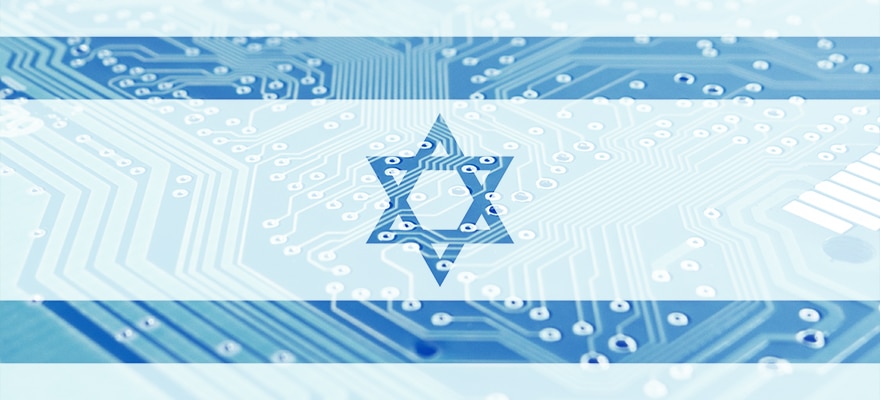CoinAgenda, a global conference series for investing in bitcoin and Blockchain assets and companies, held its first event outside the continental US in Puerto Rico - where it honored four startups for their accomplishments and future promise.
Judges voted Bancor, whose R&D (Research and Development) team is based in Israel, as the best public blockchain for its Localcoin presentation. Second place went to Giga Watt, registered in Singapore, for its unique token for purchasing power consumption for proof-of-work mining. Third place went to AEternity, registered in Liechtenstein, for its new blockchain for scalable smart contracts interfacing with real-time data.
Health Coin, from the state of Oregon, a blockchain for lifestyle changes and incentivized prevention of adult-onset diabetes, won the award for best private blockchain.
Eight startup competitors delivered 15-minute presentations to industry leaders and investors. Winners received complimentary passes to future conferences, global recognition, and an exclusive audience with top blockchain VCs.
The winner
The Bancor Protocol is a smart-contract-based token conversion protocol, which enables a single party to convert any token to another, without requiring a second party to exchange with. It achieves this through the use of reserve currencies, which allow for automatic and algorithmic price discovery regardless of trade volume.
The developers explain that it is a technological solution for the classic problem in economics known as the 'double coincidence of wants', in the domain of asset exchange. Tokens can be created with the ability to hold one or more other tokens in a reserve. These tokens may represent existing national currencies or other types of assets, creating a new type of ecosystem for asset exchange, with no central control. One of the implications of this system is that any token in the network can achieve instant liquidity, regardless of its market cap or notoriety.
“Today, new Cryptocurrencies face a very high barrier to entry due to liquidity challenges,” explains Bancor CEO Guy Benartzi. “We introduced the Bancor Protocol to create a new standard of intrinsically tradable tokens that enjoy autonomous price-discovery and continuous liquidity, regardless of trading volume."
With a deep talent pool of cryptography experts, Israel is prime to be a blockchain development hub. Major companies such as RBS, Intel, KPMG, Accenture, Banco Santander, HSBC, Intesa, Sanpaolo and more are starting tap into it with blockchain hackathons in Tel Aviv and other endeavors.


















